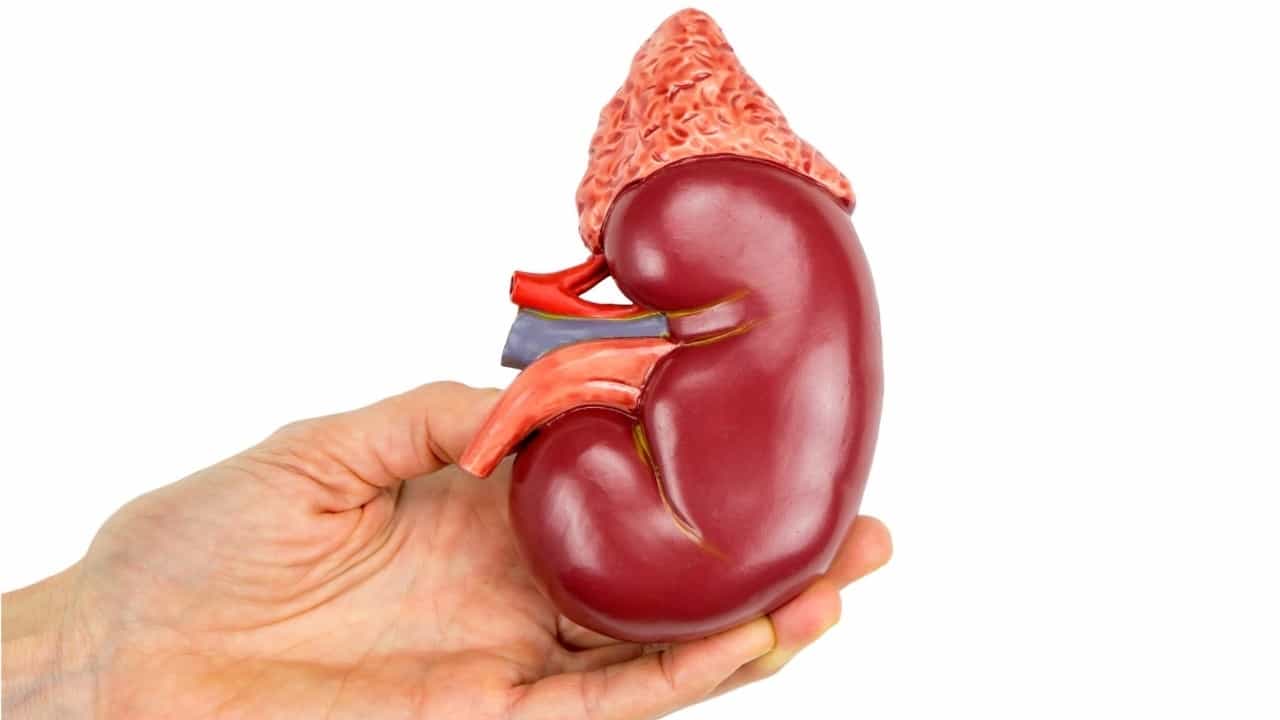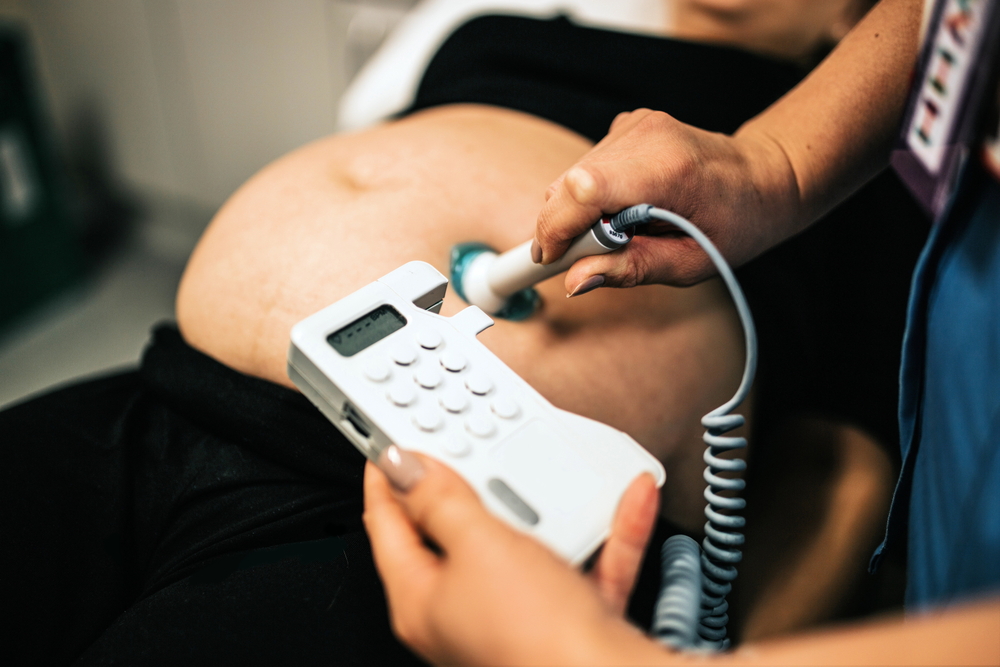Contents:
- Medical Video: Selena Gomez Speaks Out About Kidney Transplant From Her Best Friend Francia Raisa | TODAY
- The kidney donor requirements must be met
- I fulfill all the conditions above, but I smoke. Can it still be a kidney donor?
Medical Video: Selena Gomez Speaks Out About Kidney Transplant From Her Best Friend Francia Raisa | TODAY
Kidney grafts usually use kidney donations from deceased donors. But it is still possible for someone who is healthy to donate a kidney if needed, provided the kidney is suitable and safe for the body of the recipient of the kidney. Parents, children, husbands, wives, friends, coworkers, even foreigners can be potential kidney donors. But not just anyone can donate a kidney. What are the requirements for kidney donors?
The kidney donor requirements must be met
In general, live kidney donors must fulfill the following basic requirements:
- Age above 18 years
- Mental and physical health
- Have the same blood type as the donor recipient
- Normal blood pressure
- Don't have diabetes (including gestational diabetes)
- Have no cancer and / or not cancer patients, including a recent history of cancer
- Do not have autoimmune diseases, such as systemic lupus erythematosus, PCOS
- Do not have vascular disease, for example deep vein thrombosis (DVT)
- Not too fat (BMI must be less than 35)
- Do not have kidney disorders, such as kidney stones
- Do not have blood-borne infectious diseases, such as HIV, Hepatitis B, Hepatitis C
- Has no history of blood clots
- Do not have lung disease with impaired oxygenation or ventilation
- Have protein in urine< 300 mg per 24 hours (proven in kidney function tests)
A number of the requirements above will be proven in a series of health examination tests before making a donor. These medical / physical criteria are very important for selecting organ donations, but there are also others. Some other conditions for kidney donors also play an important role in finding good donor candidates. A good donor should also:
- Willing to contribute voluntarily. Donors may not be under pressure, threats, lure, or coercion. Buying and selling organs can be subject to a criminal offense
- Well informed. Good potential donors must have a strong understanding of the risks, benefits, and end results - good and bad, both for donors and recipients
- Not abusing drugs and alcohol, both active and history
- Get support from the family
I fulfill all the conditions above, but I smoke. Can it still be a kidney donor?
Active smokers can become donors. However, different donor centers have different policies regarding donors who smoke.
Prospective donors who smoke are at high risk of experiencing various surgical-related complications. Smoking can cause potentially threatening respiratory complications during or immediately after surgery. Smoking can also increase the risk of blood clots in leg veins that can escape and move towards the lungs, which also has the potential to cause death.
Smoking causes an increase in mucus production and a decrease in the ability of the lungs to cleanse themselves which can cause pneumonia. Smoking also causes heart and blood vessel disease. Prospective donors will usually not be considered for donations unless they are tobacco free (including chewing tobacco) for at least 4 weeks before donating and they are stressed not to smoke for 6 weeks after surgery. Smoking can slow down the healing process of surgery.












